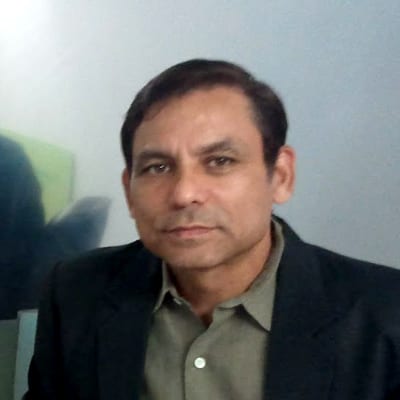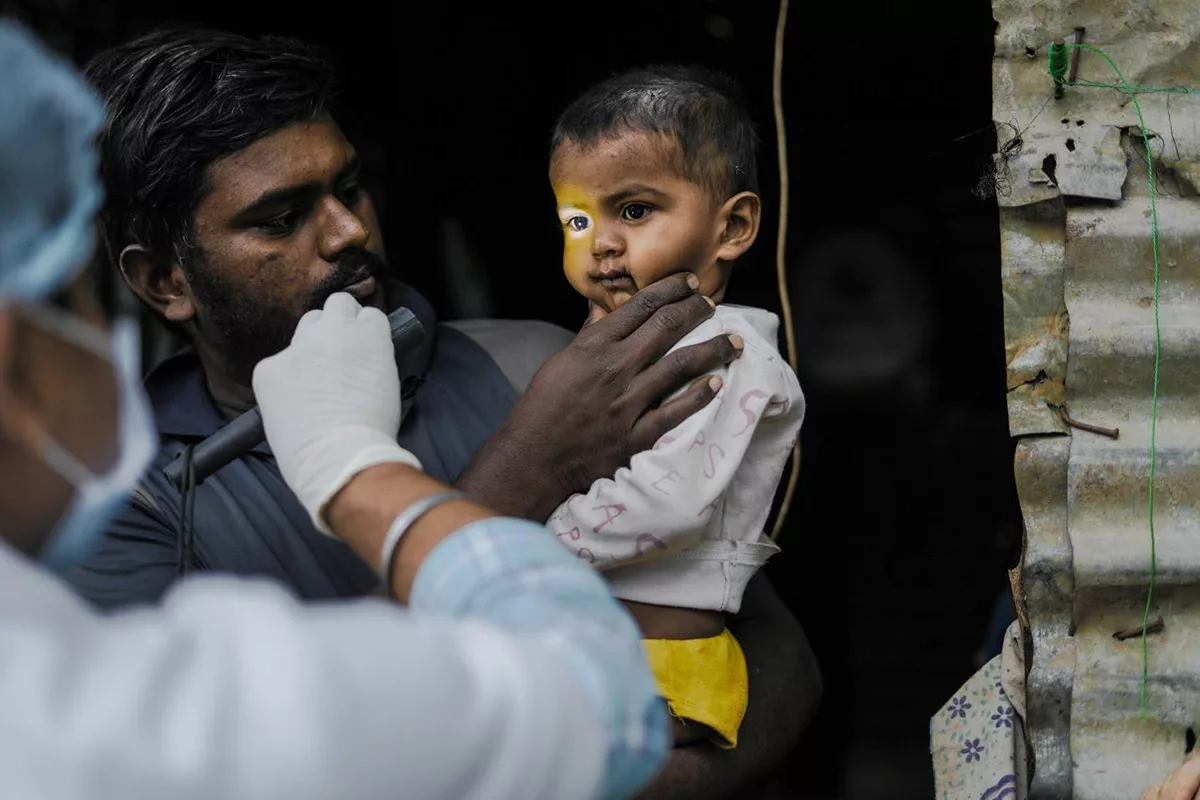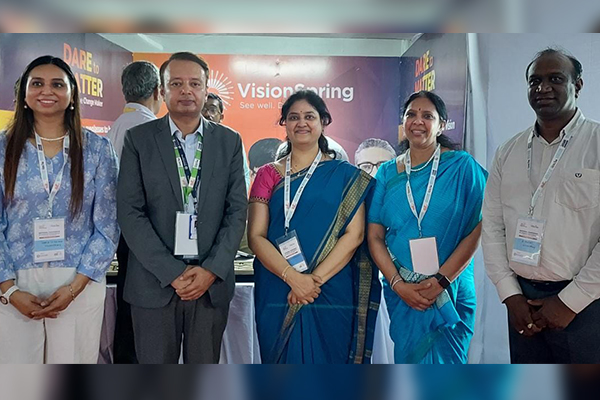Ajeet Bharadwaj displayed his disappointment in a mail regarding an article submitted by Lakshmi Shinde of OCI
A recent article provided by Lakshmi Shinde of OCI which celebrated the passing of the “The National Commission for Allied & Healthcare Professional bill 2021” has been disputed by Ajeet Bharadwaj, Managing Director at Optique and formerly on Governing Board of World Council And Optometry & President of Asia Pacific Optometry Council.
The article says
Dr. GN Rao, Dr. Thulsiraj and various other experts in eye care. Prof Brien also helped to form the Indian Optometry Federation (IOF)(2010) and the self-regulatory: Optometry Council of India (OCI)(2012).
Ajeet Bharadwaj’s objection
Dr G.N rao and Dr Tulsi raj had no role or any input in Delhi declaration – please get clarification from author on this.
The article says
Such milestones have helped us in the process of achieving regulation through this ACT. There are so many milestones that the profession achieved, through professionals who worked tirelessly and on an honorary basis. A few of them are:
- Writing the Common Minimum Optometry Curriculum way back in 2002, which was further updated, modified and ratified by the Ministry of Health & Family Welfare.
- Drafting the competency standards required by optometry graduates on graduation: IELOCS (Indian entry level optometry competencies) document in 2012,
- The document on “Best Practice Standard” by Optometry Council of India which guides optometrists regards comprehensive eye examination and maintaining medical records.
- Formulating a continuing education credit point-based system.
- Regular National and International conferences such as Elite Schools International Vision Science & Optometry conference, Indian Optometry Association annual conference and Masterclass Optometry conferences.
- Prefix of Optom for all graduate optometrists, formed by Optom Rajesh Wadhwa.
Ajeet Bharadwaj’s objections to these milestones
None of the six points are any milestone in achieving the regulation .
55 Professions which did not give common minimum curriculum , Or competency standards or best practices or prefix or conferences are regulated without any milestones, how and why ,
The claim that these milestones helped them in achieving legislation is misleading and is not a fact.
In fact professional council , advisory body and National medical commission will freshly look in these areas ,
Those may be considered as recommendation but this all is to be ratified by the new Commission.
All this activities which were done by OCI for Optometry if these were the milestone responsible for regulation then why and how Ophthalmic assistant and vision technicians who did not do achieve of the above 6 milestone got the regulation .
The article says
The salient points of “The National Commission for Allied & Healthcare Professionals 2021” Act :
- Eye care will be regulated through: Ophthalmic Science Council
- Ophthalmic science council will register: Optometrists, Ophthalmic Assistants and Vision technicians.
Ajeet Bharadwaj’s objections to salient feature 1
Professional council has no role in regulation . Policies will be formed and issued to all states by National commission and not by professional council .
Ajeet Bharadwaj’s objection to salient features 2
Ophthalmic Sciences Council will not register any one
Registration of professional will be done in Ethics and Registration board in each state in state register and in central register .
The article says
The state council will also have 4 autonomous bodies under its ambit, that will help in maintaining standard of education and practice.
Ajeet Bharadwaj’s objections to this
State council will have 4 autonomous boards not bodies which will independently manage not just standard of education and practice but implement all functions in states in the guidelines issued by National medical commission including rating of institution, code of ethics , registration of professional and Undergraduate and post graduate education .
Ajeet Bharadwaj finally mentioned that the author should not to make claims which cannot be justified and that the author needs to be careful when interpreting the bill as it amounts to spreading false information through this article













